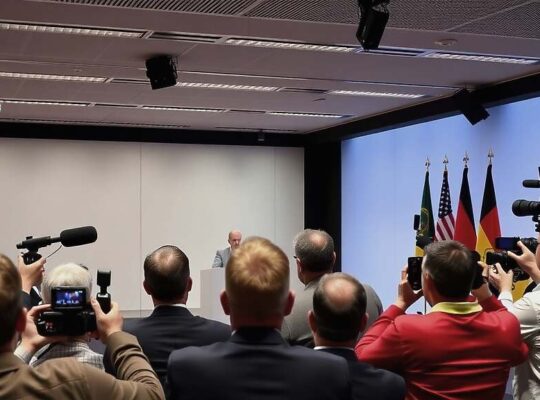The debate surrounding proposed cuts to Germany’s citizen’s allowance has triggered a significant shift within the Social Democratic Party (SPD), with a growing consensus to prioritize increased taxation of the wealthy. This strategic pivot, seemingly aimed at deflecting criticism of austerity measures, is manifesting in two distinct but converging policy proposals from the party’s youth wing, the Jusos and the more conservative Seeheimer Kreis within the parliamentary group.
Both factions have independently developed papers advocating for a comprehensive reform of inheritance and gift taxes, a divergence that highlights growing internal anxieties regarding wealth inequality and the perceived erosion of public trust in the democratic system. The Jusos, in their draft proposal for the upcoming November conference, adopt a particularly stark language, referring to a looming threat to the “democratic and social rule of law” stemming from a perceived disparity between capital and labor. They explicitly invoke the concept of “class struggle” as a necessary response to prevent disillusionment and alienation from democratic processes.
The Seeheimer Kreis’s analysis focuses on the increasingly skewed distribution of wealth within Germany. Their paper highlights a concerning trend: over 50% of Germany’s total private wealth now originates from inherited or gifted assets, a figure projected to continue rising. This, they argue, contributes to an entrenched system of inequality, perpetuating social division and fostering resentment. The current framework allows for the virtually tax-free transfer of large corporate assets, while comparatively burdening smaller inheritances.
SPD MP Parsa Marvi, co-author of the Seeheimer paper alongside Philipp Rottwilm, underscored the urgency of the situation, stating that “the current state of affairs is untenable”. He advocates for a coordinated coalition effort to address the problem, emphasizing the need to secure jobs, support businesses and provide targeted relief for families. Extending a universally accessible company pension scheme is also being championed by Rottwilm.
The internal pressure on the SPD is intensified by criticism from within its own ranks. Jusos leader Philipp Türmer articulated a broader sense of frustration, accusing the current coalition government of avoiding “pressing questions of justice” and failing to provide meaningful solutions. He called for a reinvigorated social democracy that confidently asserts its core values, whilst urging self-reflection within the party itself, noting a concerning trajectory that predates the current discussions.
The move represents a significant risk for the SPD, potentially straining the fragile coalition government and exposing internal ideological fault lines. However, it also provides an opportunity to address deeply felt anxieties about social mobility and economic fairness – concerns that have resonated across the political spectrum.












